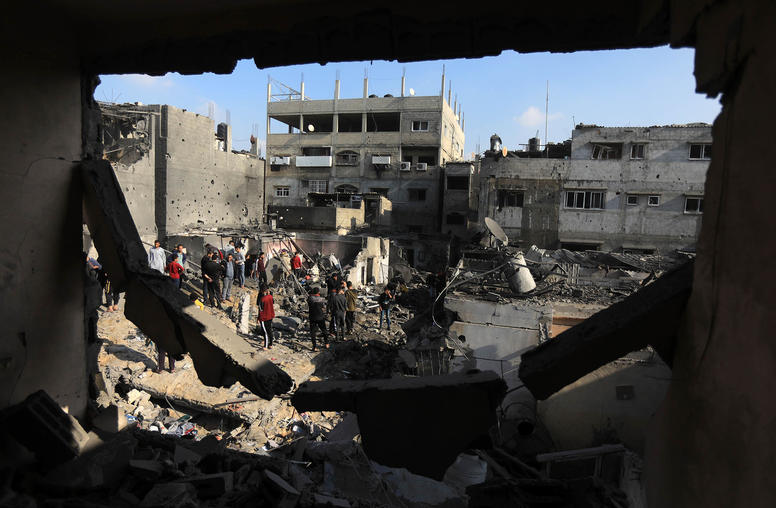How Israelis and Palestinians Negotiate
Featuring Samuel L. Berger, Former National Security Adviser
The panelists discussed How Israelis and Palestinians Negotiate: A Cross-Cultural Analysis of the Oslo Peace Process, a collection of studies edited by Tamara Cofman Wittes that examines the failures of the Oslo peace process through a cultural lens.
By helping negotiators, mediators, and analysts better understand the shortcomings of the Oslo process, the book seeks to improve the chance of success in the next round of Israeli-Palestinian negotiations.
Speakers
- Samuel L. Berger, Stonebridge International
- William Quandt, University of Virginia
- Omar Dajani, University of the Pacific
- Tamara Wittes, Brookings Institution
- Scott Lasensky, United States Institute of Peace, Moderator
Media Inquiries
Please contact the Office of Public Affairs and Communications at 202.429.3832.



